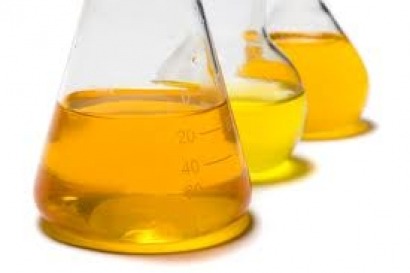
ePURE, the European Renewable Ethanol Association, welcomes this regulation and believe that it finally closes a classification loophole which has had extremely damaging consequences for the European ethanol industry. The new classification rules mean that ethanol blended with less than 30% petrol can no longer be classified as a chemical product and can no longer be eligible for a much lower import duty of 6.5% ad valorem.
With a considerable and growing demand for ethanol to supply the EU fuel market, it had become attractive for traders to exploit this loophole and import ethanol that has been blended with small amounts of petrol so that the ethanol could be classified as a chemical product and then take advantage of the subsequent lower import duty rate. The new rules mean that such blends of ethanol will now be taxed at €102 per cubic meter.
“For too long ethanol has been entering the EU market under the wrong custom classification and this has had an extremely damaging effect on our industry. Market actors have been deliberately shipping wrongly classified ethanol into Europe in order to avoid duty payments”, said Mr. Rob Vierhout, Secretary General of ePURE.
Since the end of 2009 ethanol imports to Europe from the U.S.A have significantly increased: from a modest 13 million liters in 2009 to over 1.1 billion liters in 2011. Every single liter of ethanol that the U.S.A exported was classified as denatured ethanol when the product was exported - but 99% of this ethanol actually entered the EU market classified as a chemical product meaning that the EU has lost out on millions of euro worth of tax revenue.
In addition to the loss of tax revenue, the impact of the massive imports of the past two years has driven down market prices substantially and undercut European ethanol producers. Production capacity stands idle, profitability has went down and unemployment gone up with neither the European consumer nor the industry benefiting from the lower duty and prices.
“The past 2 years have been extremely difficult for our industry but we are confident that this regulation will be a watershed. The closing of this loophole gives the European ethanol industry a real boost and a fair chance to be competitive on global markets”, added Mr. Vierhout.
For additional information:

